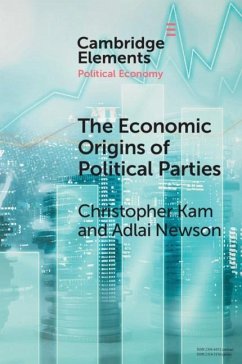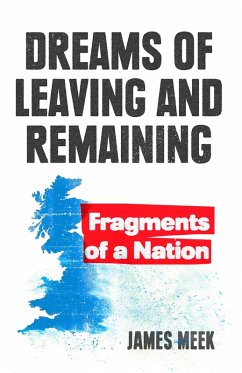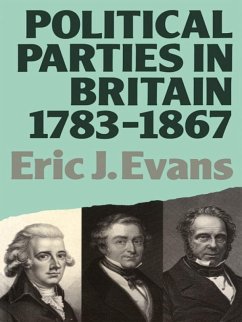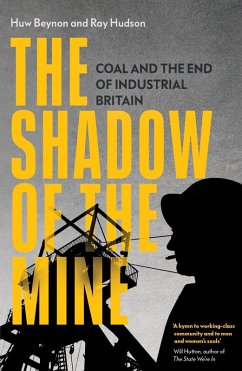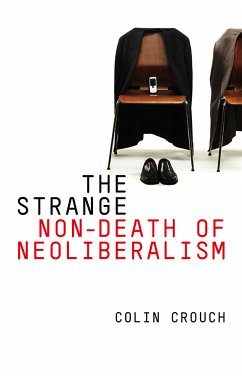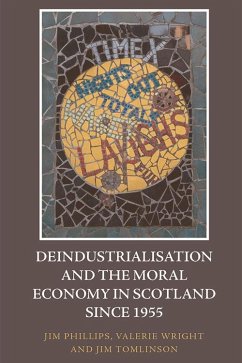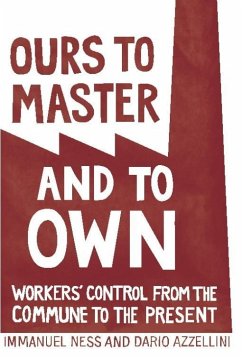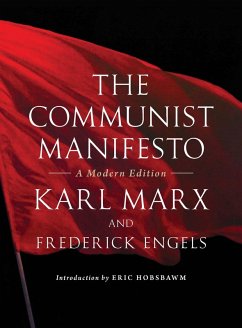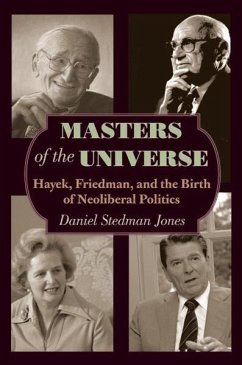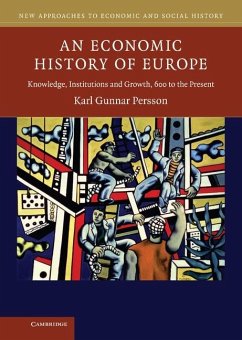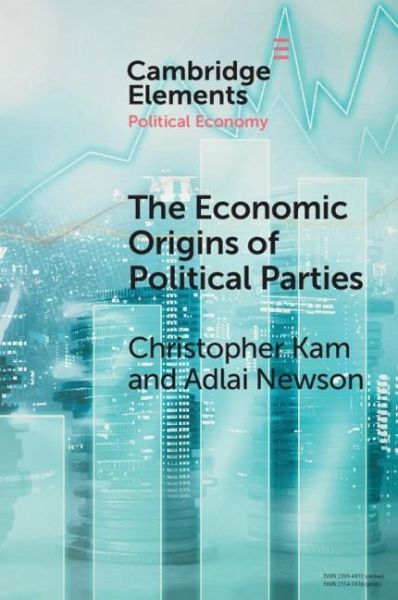
Economic Origin of Political Parties (eBook, ePUB)

PAYBACK Punkte
6 °P sammeln!
This Element examines how the changing economic basis of parliamentary elections in nineteenth century England and Wales contributed to the development of modern parties and elections. Even after the 1832 Reform Act expanded the British electorate, elections in many constituencies went uncontested, party labels were nominal, and candidates spent large sums treating and bribing voters. By the end of the century, however, almost every constituency was contested, candidates stood as representatives of national parties, and campaigns were fought on the basis of policies. We show how industrializat...
This Element examines how the changing economic basis of parliamentary elections in nineteenth century England and Wales contributed to the development of modern parties and elections. Even after the 1832 Reform Act expanded the British electorate, elections in many constituencies went uncontested, party labels were nominal, and candidates spent large sums treating and bribing voters. By the end of the century, however, almost every constituency was contested, candidates stood as representatives of national parties, and campaigns were fought on the basis of policies. We show how industrialization, the spread of literacy, and the rise of cheap newspapers, encouraged candidates to enter and contest constituencies. The increased expense that came from fighting frequent elections in larger constituencies induced co-partisan candidates to form slates. This imparted a uniform partisan character to parliamentary elections that facilitated the emergence of programmatic political parties.
Dieser Download kann aus rechtlichen Gründen nur mit Rechnungsadresse in A, B, BG, CY, CZ, D, DK, EW, E, FIN, F, GR, HR, H, IRL, I, LT, L, LR, M, NL, PL, P, R, S, SLO, SK ausgeliefert werden.




